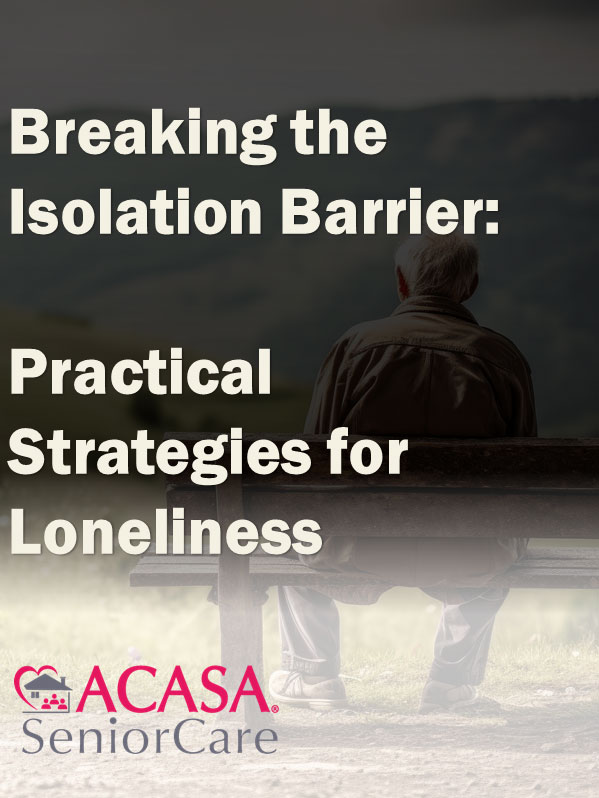Practical Strategies for Loneliness

Loneliness is something everyone goes through at some point, often triggered by isolation or a lack of deep connections. It’s a growing concern, especially for seniors who face changes like retirement, health issues, or the loss of social circles as they age.
Interestingly, loneliness isn’t limited to older generations. Surveys show it’s on the rise among younger people too. In 2019, 61% of Americans reported feeling lonely. Globally, about one in four people admit to feeling some level of loneliness.
The Health Risks of Loneliness
Loneliness isn’t just an emotional issue—it can seriously affect your health. Studies show that chronic loneliness can be as harmful as smoking 15 cigarettes a day. The risks are real and include mental health struggles like depression and anxiety, as well as physical health issues like heart disease, dementia, and even stroke. For seniors, loneliness increases the risk of premature death by 45%, making it a critical issue that needs more attention.
How to Tackle Loneliness
The good news is that there are ways to combat loneliness and improve emotional well-being. Building meaningful connections is key. Here are a few strategies to consider:
-
Reconnect with Loved Ones: Sometimes, it’s as simple as reaching out to family and friends. A phone call or video chat can make a world of difference.
-
Join Social Groups or Activities: Whether it’s a book club, hobby group, or community organization, getting involved can open doors to new friendships.
-
Make the Most of Alone Time: Being alone doesn’t always have to mean feeling lonely. Engage in activities you enjoy, like reading or gardening, to find fulfillment in solitude.
Companion Care for Seniors
For older adults, companion care offers a helpful solution. It’s not just about assistance with daily tasks—professional caregivers provide emotional support and companionship. Matching caregivers with seniors based on shared interests can greatly enhance a senior’s quality of life and reduce feelings of isolation.
Ultimately, fighting loneliness requires a mix of personal effort and external support. Whether it’s reconnecting with loved ones or seeking out companion care, there are effective ways to nurture connections and reduce loneliness at any stage of life.
